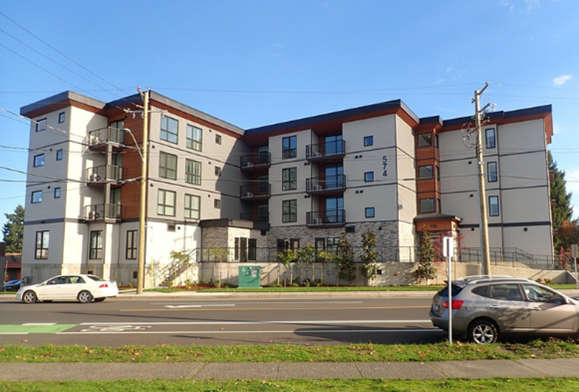
Internationally educated professionals, such as engineers, social workers, early childhood educators, paramedics, teachers, and biologists, will be able to start working in B.C. quicker.
“Skilled professionals from around the world move to B.C. hoping to put their skills to good use, but instead face huge obstacles and an often-confusing process to get their credentials recognized,” said Premier David Eby.
“With the skills shortage we have in this province, we cannot afford to leave anyone on the sidelines. That’s why we’re taking action to close the gaps in the system so people can get to work faster, fill in-demand jobs, and provide much-needed services to people in B.C.”
The province says the focus of the new credential legislation is fairness, efficiency, transparency, and accountability. If passed, it will require regulatory bodies to remove barriers in 29 professions and make it easier and quicker for those qualified professionals to seek credential recognition, no matter where they were trained.
The international credentials recognition act would properly value international work experience and eliminate the catch-22 of requiring Canadian work experience prior to being accredited in Canada.
The legislation will also remove redundant language testing, set caps for maximum processing times, and require that credential-assessment information be available online.
The act will affect 29 professions - from registered music teacher and early childhood educators and assistants - to social workers, veterinarians, and accountants.
To see the full release, visit Government of British Columbia.


 Park-And-Fly Options Urged As Holiday Travel Picks Up
Park-And-Fly Options Urged As Holiday Travel Picks Up
 19 Wing Comox To Attain New Apartment Building For CAF Housing
19 Wing Comox To Attain New Apartment Building For CAF Housing
 New Modular Units Expand Homewood Supportive Housing In Campbell River
New Modular Units Expand Homewood Supportive Housing In Campbell River
 Speculation And Vacancy Tax Bringing More Homes To Market
Speculation And Vacancy Tax Bringing More Homes To Market
 Campbell River Shoebox Project Wraps Up Holiday Campaign
Campbell River Shoebox Project Wraps Up Holiday Campaign
